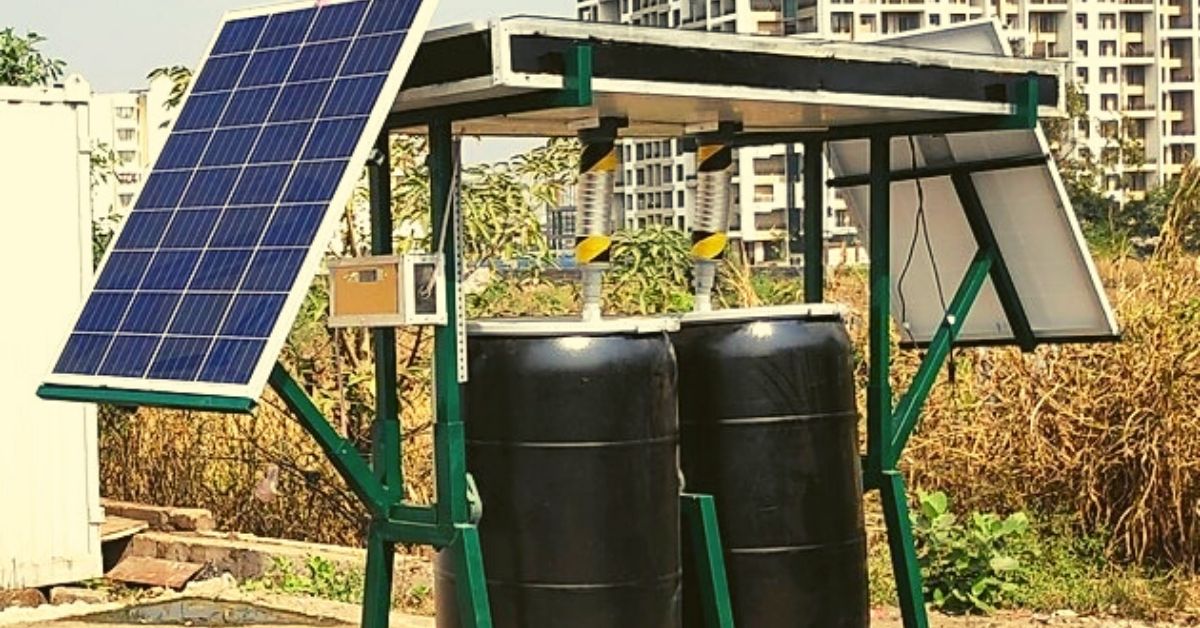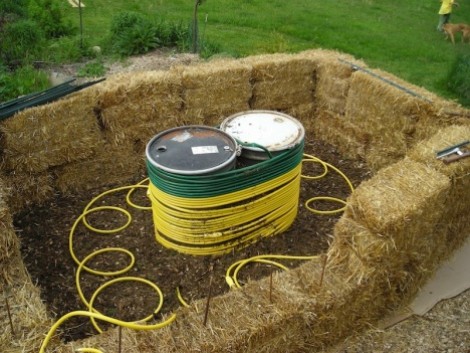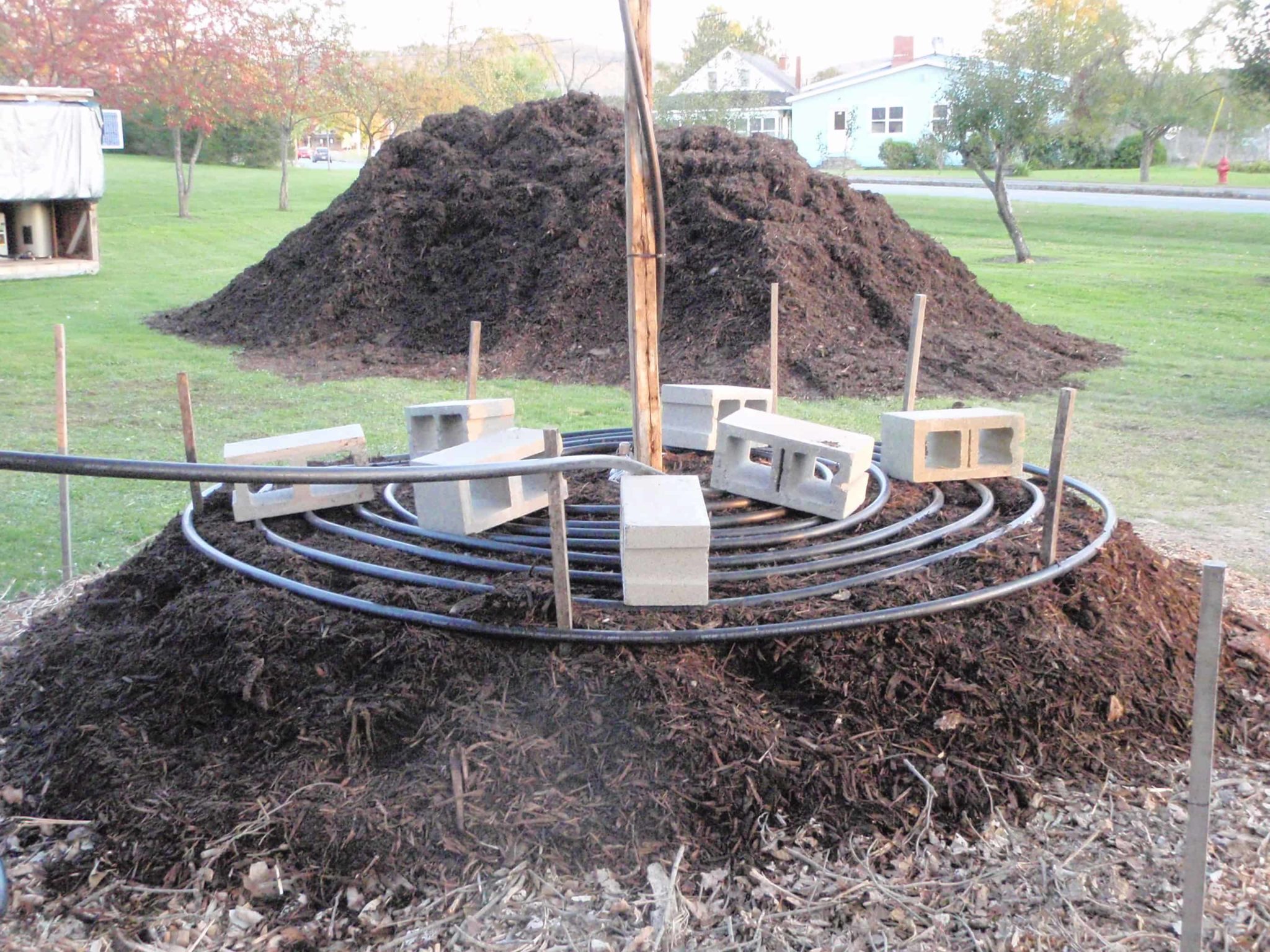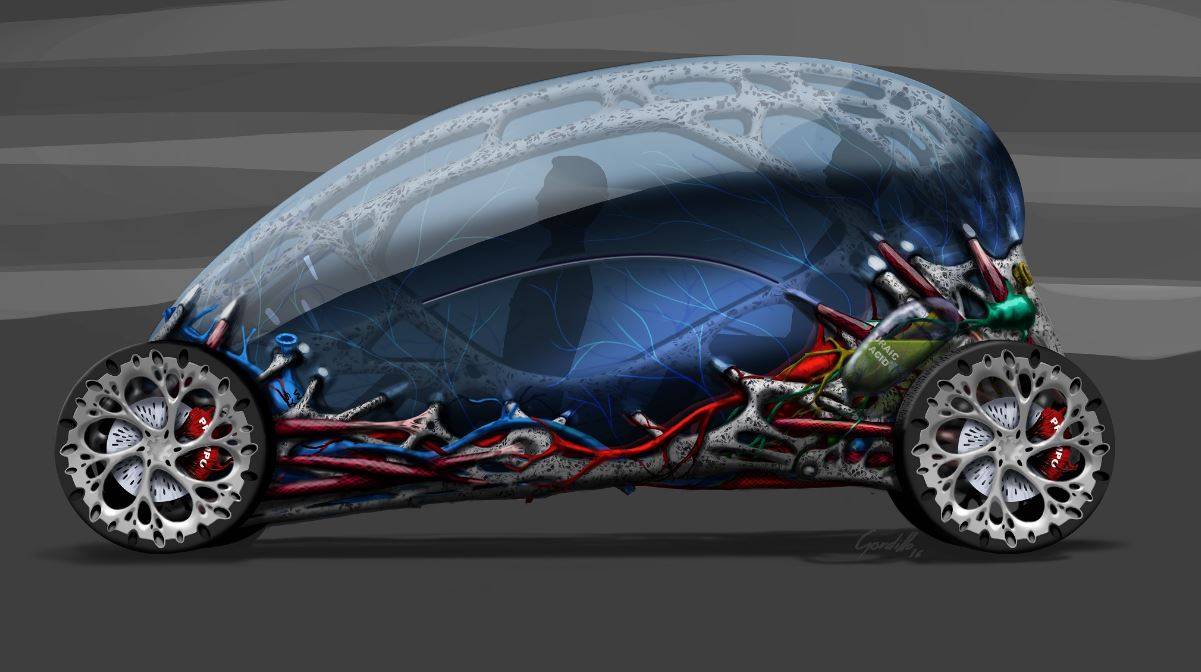Compost Power: How To Turn Your Food Scraps Into Supercharged Soil
Introduction
Composting is the process of breaking down organic matter into a nutrient-rich soil amendment. It's a great way to reduce your household waste, improve your garden's health, and help the environment.
In this blog post, we'll discuss the benefits of composting, how to get started, and some tips for making your compost pile super effective.
Benefits of Composting
There are many benefits to composting, including:
- Reduces household waste: Composting diverts food scraps from landfills, where they would produce methane, a potent greenhouse gas.
- Improves soil health: Compost adds essential nutrients to soil, making it more fertile and better able to support plant growth.
- Helps plants retain moisture: Compost helps soil retain moisture, which is especially important in dry climates.
- Replenishes soil organic matter: Compost helps to replenish soil organic matter, which is essential for healthy soil.
- Attracts beneficial insects: Compost attracts beneficial insects, such as earthworms, which help to aerate and improve the structure of the soil.
How to Get Started
If you're interested in composting, there are a few things you'll need to get started:
- A compost bin or pile: There are many different types of compost bins and piles available, so you can choose one that's right for your needs.
- Green materials: Green materials are high in nitrogen, such as vegetable scraps, fruit scraps, coffee grounds, and tea bags.
- Brown materials: Brown materials are high in carbon, such as leaves, shredded paper, and straw.
- Water: Compost needs to be kept moist, but not soggy.
Tips for Supercharging Your Compost Pile
Here are a few tips for supercharging your compost pile:
- Add a variety of materials: A variety of materials will help to create a balanced compost pile.
- Keep the pile moist: The compost pile should be kept moist, but not soggy.
- Turn the pile regularly: Turning the pile helps to aerate it and speeds up the composting process.
- Add a compost starter: A compost starter can help to jumpstart the composting process.
Conclusion
Composting is a great way to reduce your household waste, improve your garden's health, and help the environment. By following the tips in this blog post, you can supercharge your compost pile and create nutrient-rich soil that will help your plants thrive.
Compost power is a sustainable way to generate electricity from organic waste. It is a clean and renewable source of energy that can help to reduce our reliance on fossil fuels.
If you are interested in learning more about compost power, I encourage you to visit Home Gardening. This website provides a wealth of information about the benefits of compost power, as well as how to get involved in your community.
FAQ of compost power
- What is compost power?
Compost power is the process of using compost to create energy. Compost is a mixture of organic materials that have been decomposed by microbes. When compost is heated, it releases methane, a type of biogas that can be used to generate electricity or heat.
- How does compost power work?
Compost power plants typically use a two-stage process to generate electricity. In the first stage, the compost is heated to a temperature of around 140 degrees Fahrenheit. This temperature kills any harmful bacteria and parasites, and it also activates the microbes that produce methane. In the second stage, the methane is captured and burned to generate electricity.
- What are the benefits of compost power?
Compost power has a number of benefits, including:
* It is a renewable source of energy.
* It reduces the amount of waste sent to landfills.
* It helps to improve soil quality.
* It can create jobs in the renewable energy sector.
- What are the challenges of compost power?
The main challenge of compost power is that it can be difficult to scale up. Compost plants require a large amount of organic material to generate a significant amount of electricity. This can make it difficult to find enough feedstock to support a large-scale compost power plant.
- What are the future prospects of compost power?
The future prospects of compost power are promising. As the demand for renewable energy grows, compost power is becoming a more attractive option. In addition, the development of new technologies is making it easier to scale up compost power plants.
Image of compost power
10 different images of compost power that are free to use:
- A compost bin with a solar panel on top. This image shows how compost can be used to generate electricity.

- A compost pile with a heat exchanger. This image shows how compost can be used to heat water or air.

- A compost digester. This image shows how compost can be used to produce methane gas, which can be used to generate electricity or heat.
- A compost-powered generator. This image shows a generator that is powered by compost.

- A compost-powered water heater. This image shows a water heater that is powered by compost.

- A compost-powered stove. This image shows a stove that is powered by compost.

- A compost-powered lamp. This image shows a lamp that is powered by compost.

- A compost-powered car. This image shows a car that is powered by compost.
- A compost-powered bus. This image shows a bus that is powered by compost.

- A compost-powered community. This image shows a community that is powered by compost.


Post a Comment for "Compost Power: How To Turn Your Food Scraps Into Supercharged Soil"